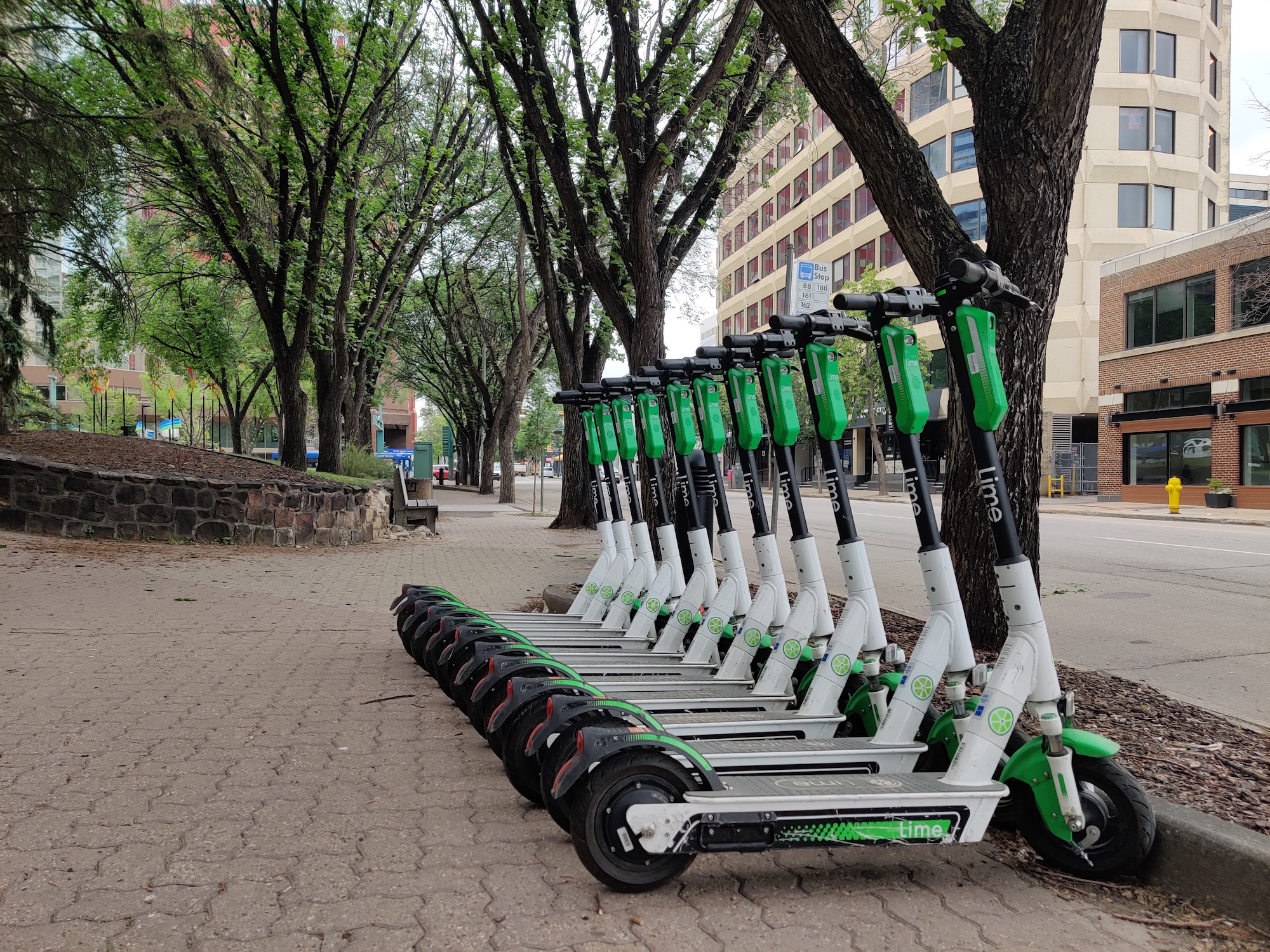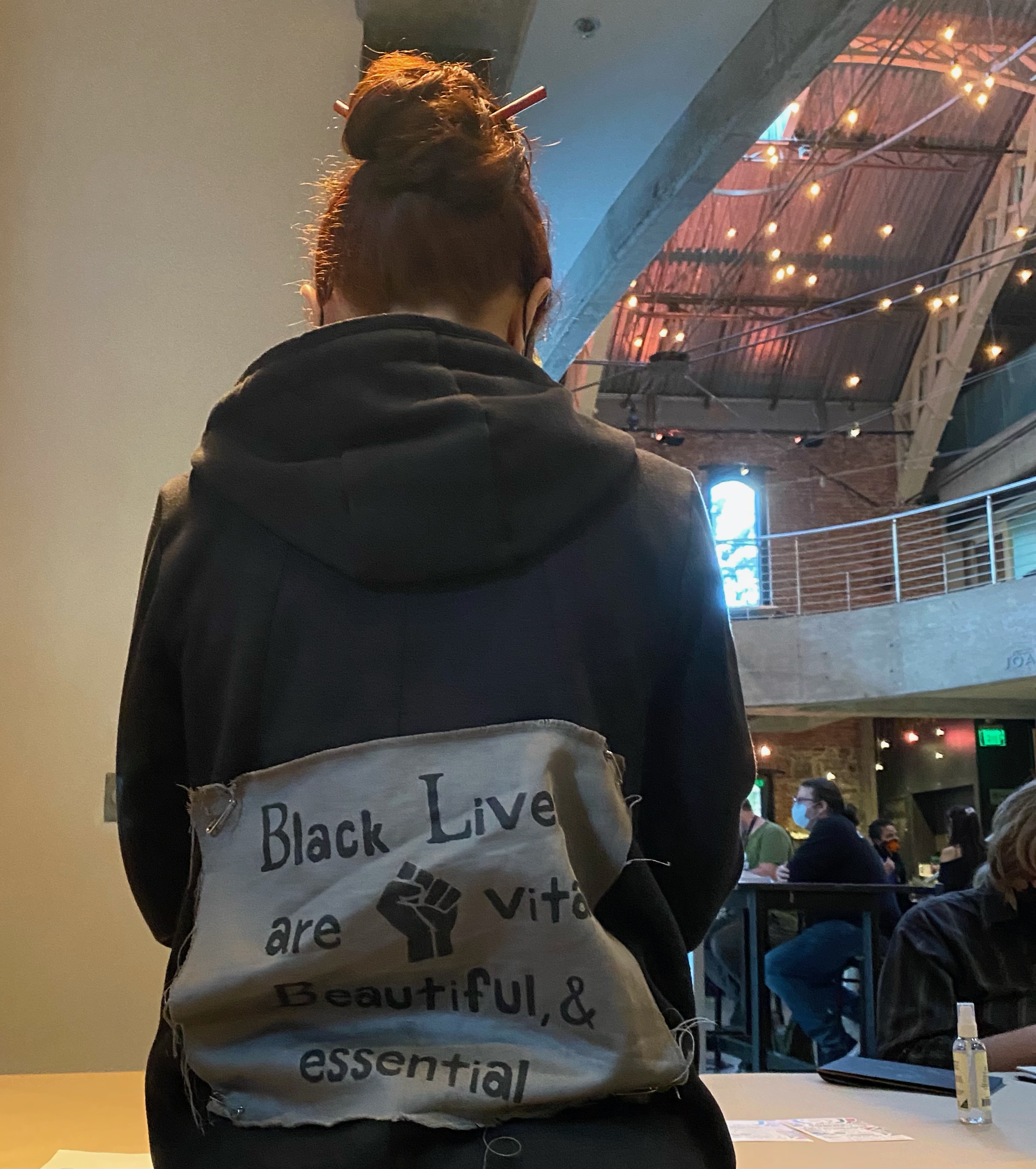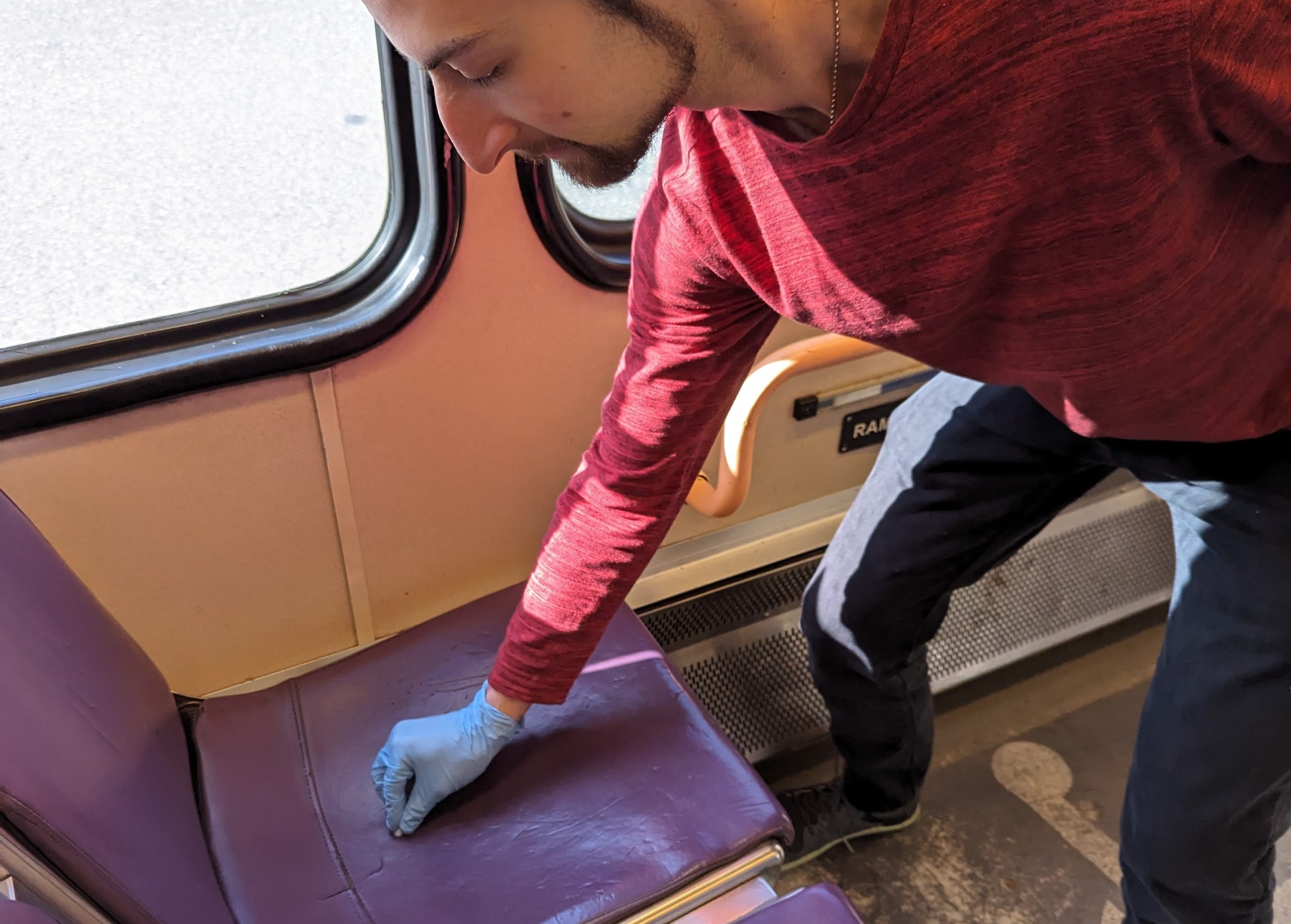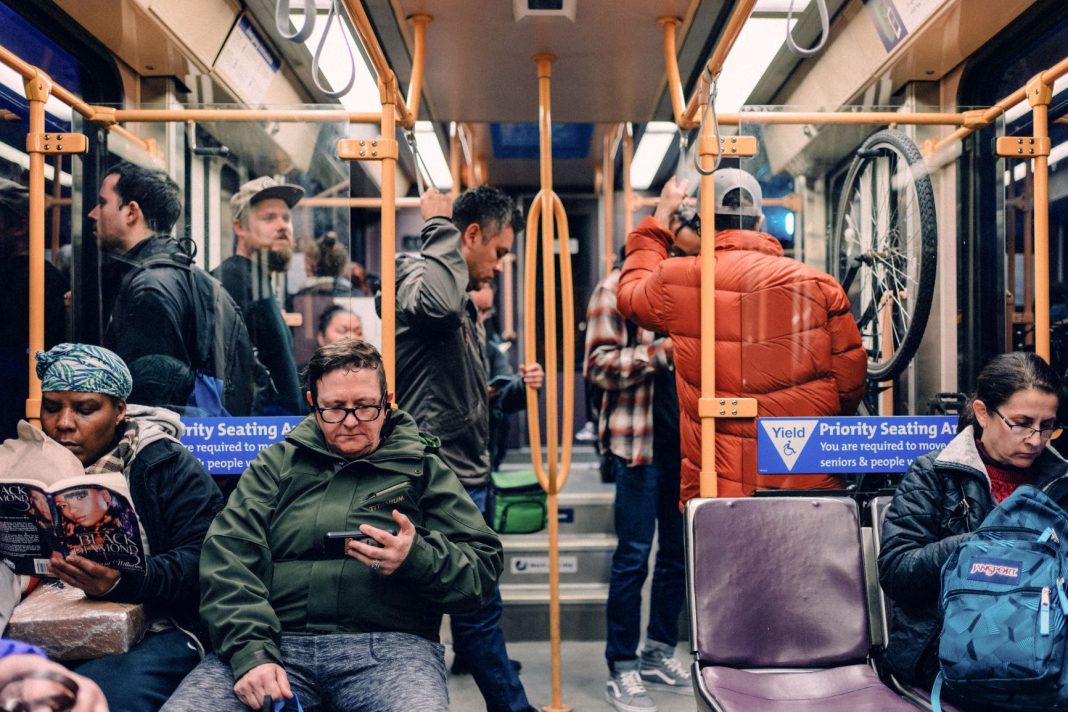The Portland Bureau of Transportation (PBOT) is seeking to implement a permanent electric scooter program by 2021, but the Portland City Council (PCC) isn’t sold.
With only two months left in Portland’s temporary e-scooter program, PBOT recently shared the results of its 2019 trial with Portland City Council members. However, issues surrounding equity, safety and liability gave some members pause.
In 2018, Portland was first introduced to e-scooters during PBOT’s initial 120-day pilot program. The majority of residents viewed the devices positively, and used them more often for transportation than recreational use. However, concerns surrounding equitable access, sidewalk riding, improper parking and helmet use motivated PBOT’s 2019 program, in order to test solutions to these problems.
E-scooter companies operating in Portland must agree to share their user data with PBOT in order to gain a permit, which allows the city to evaluate whether companies are meeting the city’s goals.
“PBOT prevented unauthorized deployment of e-scooters in 2018,” said Jacob Sherman, PBOT’s new mobility program manager. “We were not going to let technology occur for technology’s sake alone, but instead determine whether and how e-scooters could advance the city’s goals, especially around congestion, climate safety, and equitable access.”
In terms of climate, e-scooters significantly replaced driving and ride-hailing trips—with 34% of Portlanders and 48% of visitors choosing to ride a scooter rather than request a driving service.
“Overall, e-scooter riders replaced enough miles that would otherwise have been driven in a car to ride around the Earth almost 17 times (415,286 miles), saved 167 metric tons of carbon emissions and removed the greenhouse gas equivalent of 27 passenger vehicles from the streets over the course of the pilot in 2019,” PBOT’s report stated.
To address the dangers around improper parking and sidewalk riding, PBOT began issuing parking penalties in 2019. Per Oregon law, PBOT can not issue citations for moving violations, but it did hand out over 1,000 penalties and warnings to e-scooter companies whose devices were found parked improperly. Looking into the future, PBOT would like to implement a “lock-to” requirement or parking corrals for the scooters throughout the city.
Newly-elected City Commissioner Mingus Mapps will fill Portland’s 4th City Council Position in January—Commissioner Chloe Eudaly holds the position currently. Before running for office, he taught urban politics at Harvard and Cornell while working for City Hall to help manage the City of Portland’s Neighborhood Association and Crime Prevention Program. Eudaly is currently in charge of PBOT, but whether or not Mapps will take charge of PBOT as well remains undecided.
“I’m glad we’ve had this extended period of time to test them out,” Mapps said. “There are some issues we still need to manage, but I’m confident that if we work together, we can resolve problems surrounding sidewalk riding, and serious equity concerns. A lot of those scooters are not accessible to those with physical disabilities or low-income families, and I think we need to develop programming around that…obviously the program is imperfect, but I remain a supporter.”
Helmets, one of the most pressing issues surrounding the scooters, must be worn in order to ride an e-scooter in Portland. However, results from 2019 show helmet use is still significantly low, with only 20% of riders reporting they “always wear a helmet.” Although no fatalities have resulted from e-scooters in Portland, 2.2 accidents occured every 10,000 miles in 2018. This is “much higher than the national average for motorbikes (0.05 per 10,000 miles) and cars (0.1 per 10,000),” according to Business Insider. The finding led the NW Examiner to question whether the city was suppressing the dangers of e-scooters.
This was the biggest concern for Portland Mayor Ted Wheeler, who asked PBOT, “If we approve this program knowing that helmet use is low, and knowing that it’s dangerous who takes on the implicit liability, the scooter companies or the city?”
Catherine Ciarlo, manager of the Active Transportation and Safety Division of PBOT, reassured Wheeler and other members that PBOT has worked with city attorneys since the first pilot program in order to make sure that Portland isn’t taking on that liability.
However, when Wheeler followed-up to ask about the potential case of liability involving a minor on an e-scooter, Ciarlo said she would have to consult with city attorneys.
“Honestly, it’s still being worked out through systems nationwide and throughout other cities,” Ciarlo said.
Mapps also shared his concerns surrounding helmet use. “I do think we should have a rule for helmets—I’m not sure how we enforce it, but I think the same way we enforce helmet loss for bicycles is certainly a best practice,” Mapps said. “This is such a new program and device, that I don’t think a lot of people know what the norms are yet, and we need to work together as a community to figure out what those norms are, but I hope we can accomplish most of this through public education.”
Since 2018, PBOT has required e-scooter companies to designate 15% of their fleets to East Portland, as well as provide low-income options for those eligible. However, companies failed to consistently meet that requirement, with only 43 Portlanders signed up for the low-income plan, and barely 6% of all e-scooter rides originating from East Portland. Additionally, e-scooters are now the most expensive mode of travel, since increasing their rate of 15 cents per minute to 27 cents per minute between 2018–19.
Although 74% of BIPOC community members viewed e-scooters positively—and most often sought them as a “last mile” to transit—issues surrounding race-based harassment, violence in the right away, road safety and reliable access still persist.
“I think we understand that the higher the cost, the less likely BIPOC communities will benefit from this type of transportation,” Commissioner Jo Ann Hardesty said. “I want to make sure we don’t sign any contracts yet, since we clearly can not articulate that BIPOC communities can benefit from e-scooters.”
Planning toward a permanent program for 2021, PBOT has three main goals: limit permits to 1–3 companies, provide longer term contracts and put a stronger focus on partnership and community benefits.
“We believe that a limited number of longer-term contracts will better position companies to provide community benefits and meet our city’s goals,” PBOT’s Sherman said.
Below the shield:
If you want to let Portland know your thoughts on e-scooters, participate in PBOT’s E-Scooter Permanent Program Questionnaire before the end of the year.






